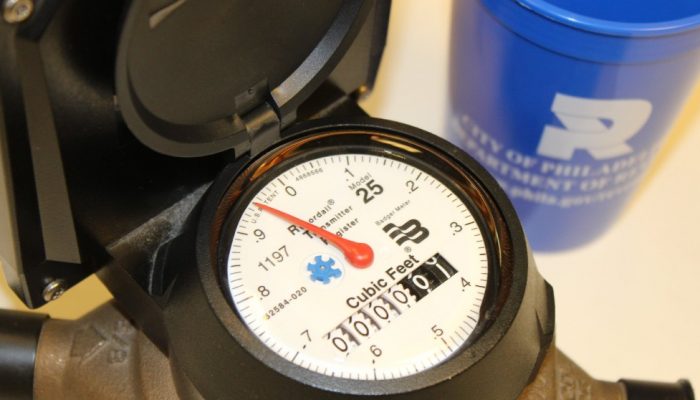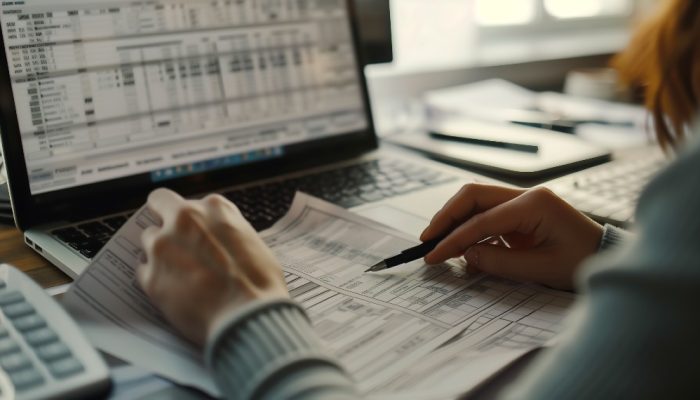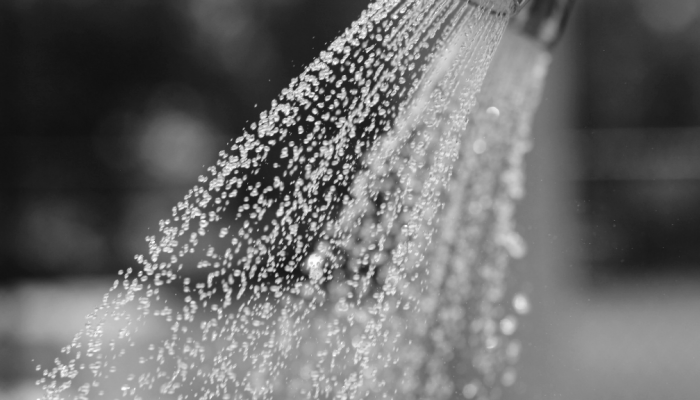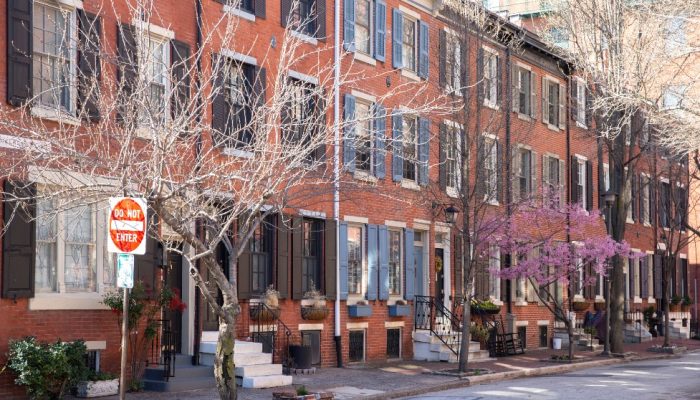We understand that getting a $200 bill instead of your regular $60 monthly water bill can be stressful, regardless of whether the sudden spike in your bill is linked to in-home leaks or a meter upgrade.
Running toilets are among the most common in-home leaks. They lead to continuous water usage, often making it a costly leak because we often don’t notice we’ve been wasting water until the bill shows up. Similarly, a dripping faucet could be the source of sky-high bills. But for this blog post, we’re narrowing our focus to large bills some customers may see after meter upgrades.
Understand that getting an upgraded meter doesn’t change how much you are charged for water. The cost of water is determined by rates and won’t change just because your meter was upgraded. Upgraded water meters are tested for accuracy:
- Their primary job is to measure and transmit your exact water use – just like your old meter.
- Their ability to provide real-time readings of your usage, detect and provide in-home leak alerts can help you manage your water usage and save costs.
Broken meter?
If you get a big bill after a new meter is installed on your property, don’t panic. There’s often a simple explanation for the sudden spike. For instance, if your old meter wasn’t working the way it should, you may get an unusually high bill for past water use. And that’s because meters with older transmitters (that have stopped working) don’t report your water usage as they should.
In most cases, old meters may underreport your usage, resulting in you getting estimated bills based on your average usage. When your meter is finally upgraded, you can expect a bill that includes back charges for all the water you used but weren’t charged for.
What to do?
Don’t ignore the Water Department’s notices about upgrading your meter. You could lose water service if you don’t upgrade your meter and will be charged a fee to restore your service after the update.
If you are concerned about getting a large bill after an upgrade, you should pay close attention to your water bill—it contains your usage history, which can help you detect a possible meter problem. This is also the best way to avoid getting a large water bill after a meter upgrade. Mind your bill for these:
- Estimated reading – if you see this on the usage chart of your bill, it means your meter isn’t working correctly. This is a sign that your next bill may include charges from prior billing cycles.
- Zero usage– if you see this and know you’ve been using water, don’t ignore it. It’s a sign that your meter isn’t reporting your water use. A bill with zero usage will only show a stormwater fee and service charges, leaving out the exact amount of water you used.
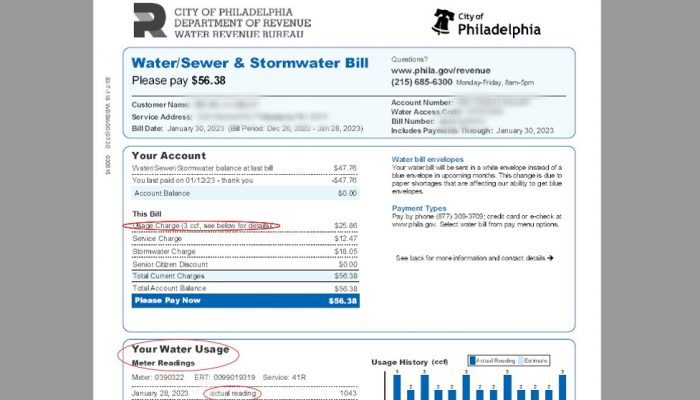
In both cases, you should contact the Water Department right away by calling (215) 685-6300. Check out this blog post by the Philadelphia Water Department; it details the steps to follow when you get a bill that says “zero usage” or “estimated reading.”
Help is available
If you get a bill for prior water use after a meter upgrade and can’t pay the amount in full, please call (215) 685-6300 and ask about our water payment agreement or customer assistance options. You may also get up to $10,000 toward your utility (including water) bills through the Pa. Homeowners Assistance Fund.
Need more info?
Visit the Advanced Metering Infrastructure (AMI) webpage to learn more about meter upgrades. But please note that:
- If your meter is working fine and you aren’t getting inaccurate estimated or zero usage bills, you can’t schedule a meter upgrade on your own. We’ll contact you when it’s your turn to get a meter upgrade.
- You’ll receive a letter when it’s your turn. We encourage you to follow the instructions detailed in your letter.
Photo credits: M. Bailey

